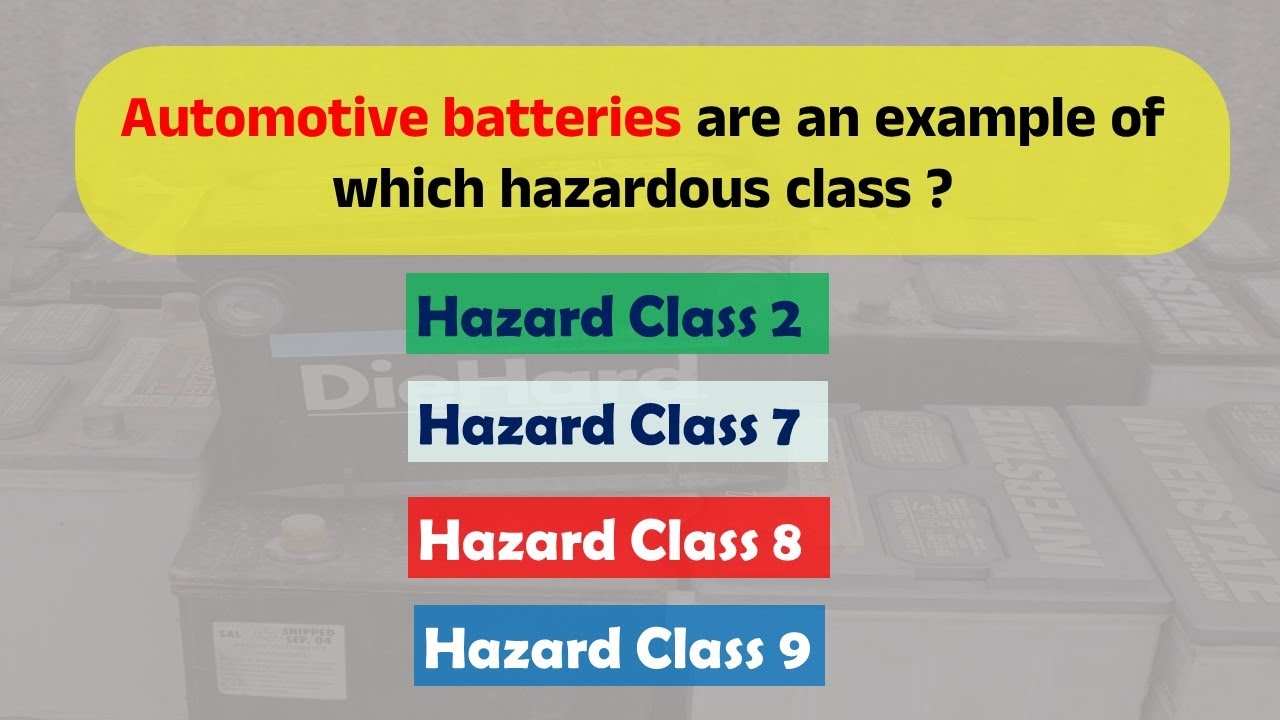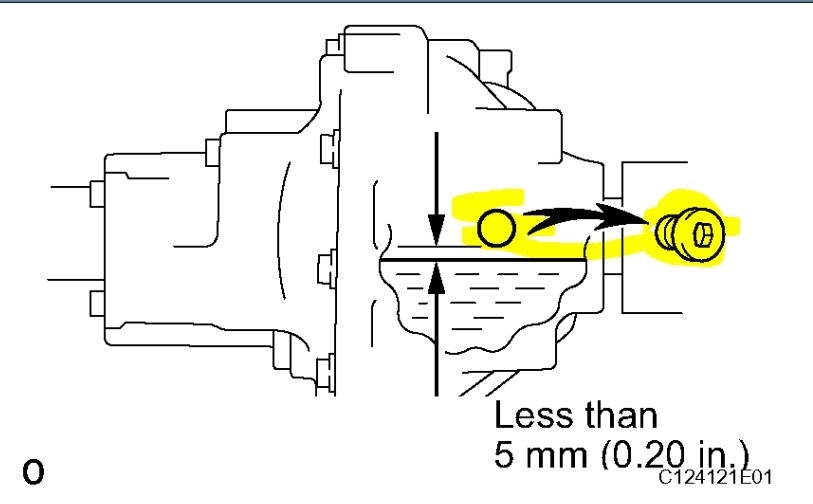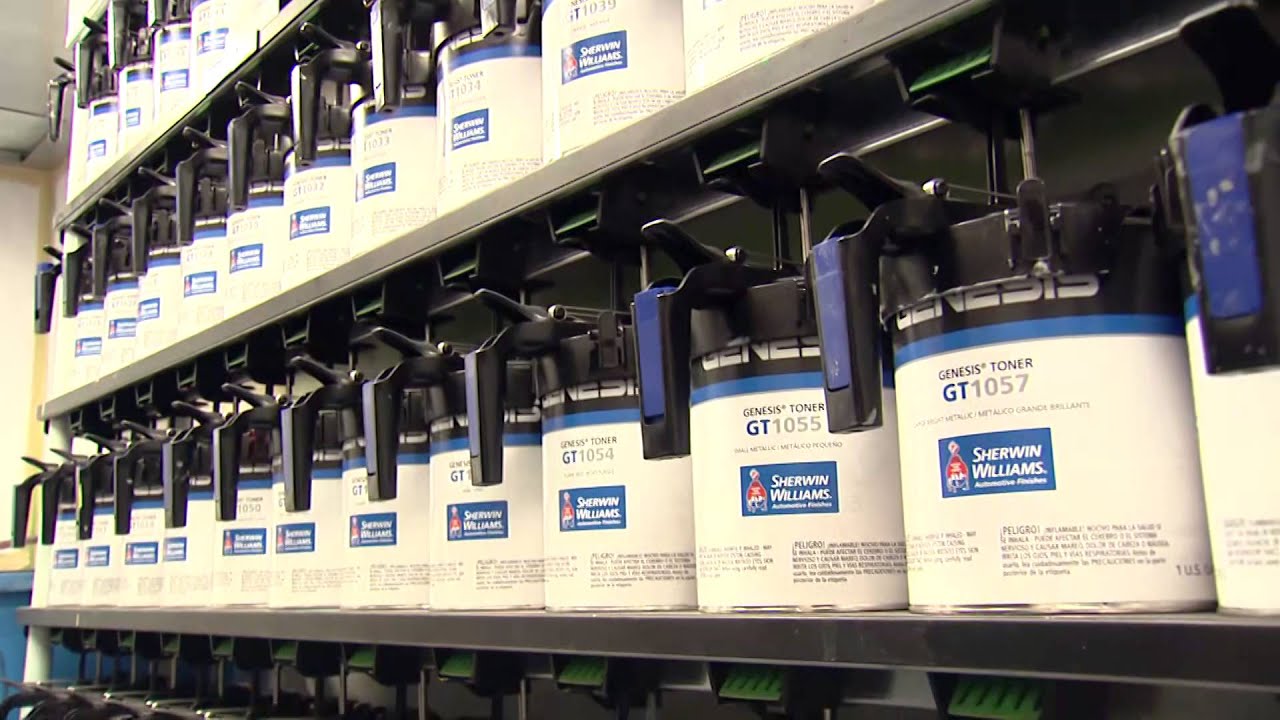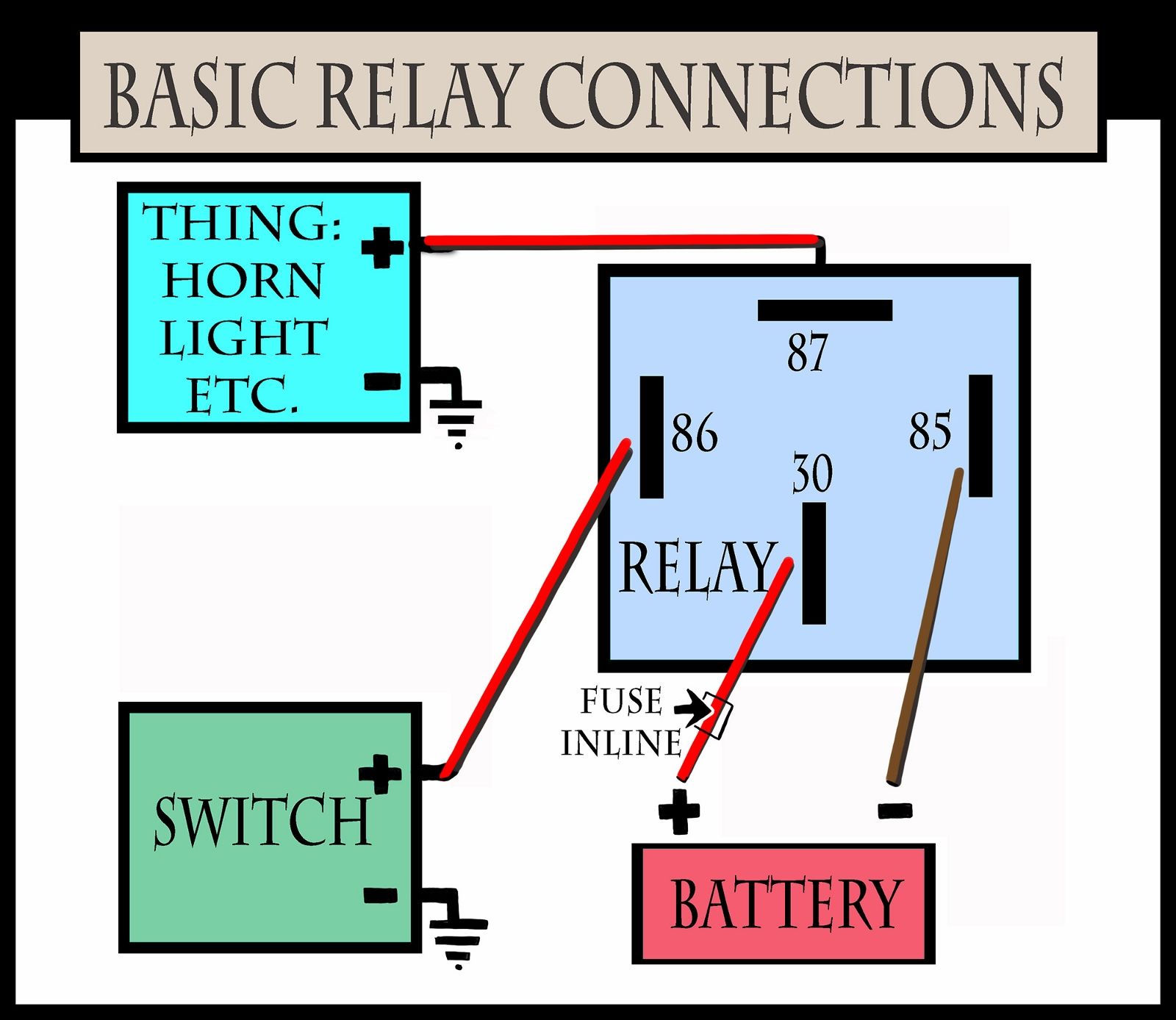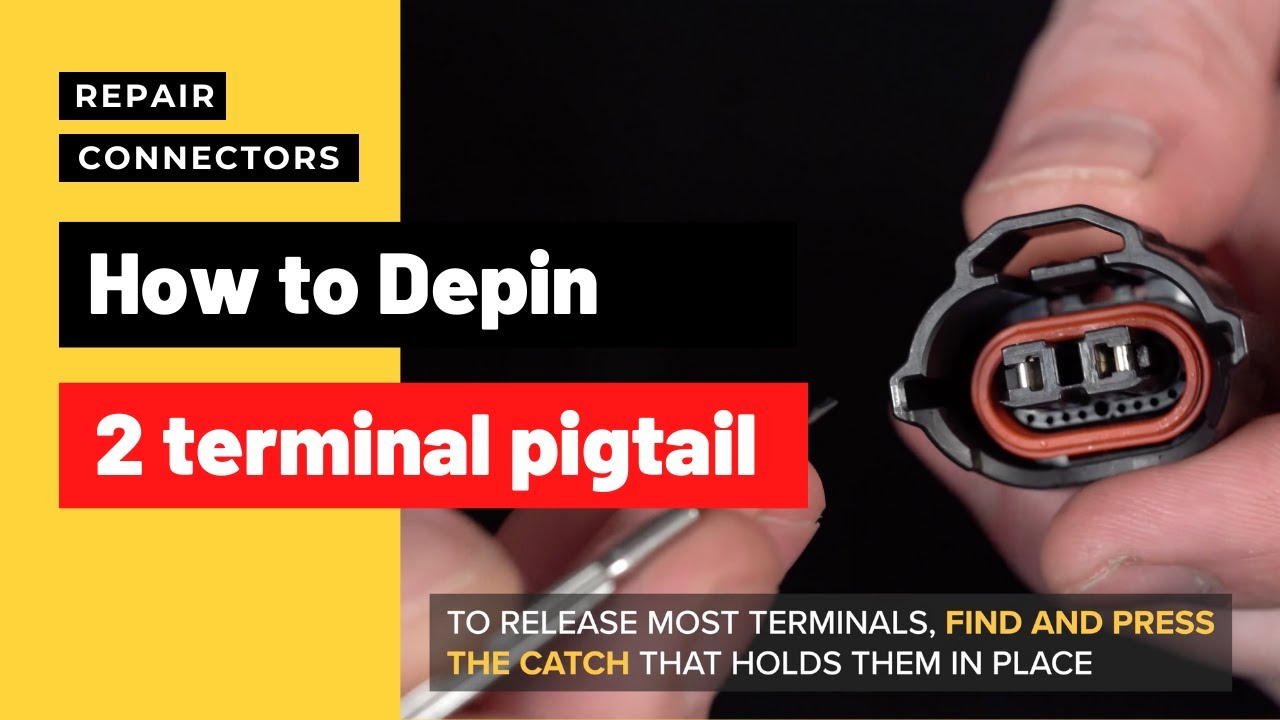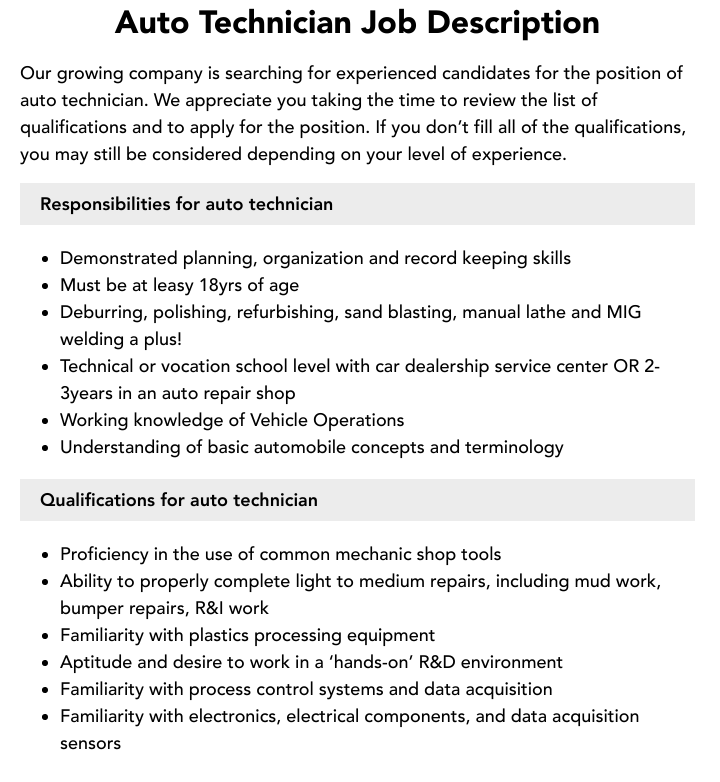Hyundai Santa Fe Electric Options: Complete Guide to Electrification
Hyundai Santa Fe electric options: current status
The Hyundai Santa Fe is a popular midsize SUV that has gain recognition for its reliability, spacious interior, and value proposition. As the automotive industry shifts toward electrification, many consumers wonder if the Hyundai Santa Fe is available as an amply electric vehicle.
Presently, Hyundai does not offer an amply electric version of theSanta Fee. theSanta Fee lineup include gas power models and hybrid variants, but no altogether electric option exist at present. Thisdistinguishesh it from some Hyundaidai’s dedicated electric vehicles like tionicniq 5 aionicniq 6.
Available powertrain options for the Hyundai Santa Fe
While an amply electricSanta Fee isn’t available,Hyundaii offer several powertrain options for this popularSUVv:
Conventional gas engines
The standard Santa Fe come with gasoline engine options that vary by trim level and model year. These typically include:
- 2.5 liter four-cylinder engines( standard on most trims)
- 2.5 liter turbocharge four-cylinder engines( available on higher trims)
Hybrid options
Hyundai has expanded thSanta Fefe lineup to include electrified options:
-
Santa Fe hybrid
combines a 1.6 liter turbocharge engine with an electric motor for improved fuel efficiency while maintain performance. -
Santa Fe plug in hybrid (pfew))
feature a larger battery pack that can be charge outwardly, allow for limited all electric driving range ((ypically around 30 miles ))efore switch to hybrid operation.
These hybrid variants represent Hyundai’s current approach to electrification for the Santa Fe model, offer improve fuel economy and reduce emissions compare to conventional gas models.
Hyundai’s electric vehicle strategy
To understand why there ben’t aanamply electric Santa Fe, it helps to examineHyundaii’s broaderEVv strategy.Instead,d than convert all exist models to electric versionsHyundaiai haadoptedpmultiprongednged approach:
Dedicated electric platforms
Hyundai has developed the electric global modular platfor(( eGMP)), a dedicated architecture design specifically for electric vehicles. This platform underpins models like:
- Ionic 5 a midsize crossover SUV
- Ionic 6 an electric sedan
- Upcoming ionic 7 a larger SUV
These purpose build electric vehicles offer advantages over convert gas models, include optimized space, better weight distribution, and more efficient battery packaging.
Hybrid transition strategy
For establish models like the Santa Fe, Hyundai has implemented a gradual transition strategy:

Source: autodocblog.weebly.com
- Introduce hybrid variants of popular models
- Add plug in hybrid options for extend electric range
- Develop dedicated electric vehicles on specialized platforms
This approach allow Hyundai to serve customers at different stages of EV adoption while develop their next generation electric technology.
Compare the Santa Fe hybrid to full electric SUVs
For consumers interested in electrified options, it’s worth to compare tSanta Fe fe’s hybrid offerings to amply electric alternatives:
Santa Fe hybrid benefits
- No range anxiety can refuel at any gas station
- Lower initial purchase price compare to many EVS
- Familiar ownership experience with some efficiency gains
- No need for home charge infrastructure
Full electric SUV benefits
- Zero tailpipe emissions
- Lower operating costs (electricity vs. Gasoline )
- Reduced maintenance requirements
- Smoother, quieter drive experience
- Potential tax incentives and rebates
Hyundai’s electric SUV alternatives
While there ben’t an electric sSanta Fe hHyundaidoes offer several electric sSUVoptions for consumers ready to go amply electric:
Ionic 5
The ionic 5 is Hyundai’s flagship electric crossover SUV. Though somewhat smaller than the Santa Fe, it offers:
- Up to 300 + miles of range on a single charge
- Ultra-fast 800v charge architecture
- Spacious, flat floor interior with flexible seating
- Distinctive retro futuristic styling
- Advanced driver assistance systems
Kona electric
The Kong electric is a compact electric SUV that offer:
- Approximately 250 + miles of range depend on configuration
- More affordable entry point to electric SUV ownership
- Similar technology feature to other Hyundai models
- Compact dimensions ideal for urban environments
Upcoming ionic 7
Hyundai has will announce plans for the ionic 7, a larger three row electric SUV that will potentially bcloserze to the santa Santa Fe expect features will include:
- Three row seating configuration
- Extended range capabilities
- Next generation battery technology
- Advanced autonomous driving features
Will there be an electric Santa Fe in the future?
Hyundai hasn’t formally announce plans for an amply electricSanta Fee, but several factors suggest how the model might evolve:
Industry trends
The automotive industry is quickly moved toward electrification. Major markets includeEuropee, china, and progressively theUnited Statess are implement regulations that favor or mandate electric vehicles in the come decades. Thisindustry-widee shift make it likely that most popular models will finally will offer electric variants.
Hyundai’s electrification commitments
Hyundai motor group has committed to introduce 23 battery electric vehicle models by 2025 and sell 1 milliEVSevs yearly by the same year. The company has pledge to carbon-neutralral by 2045, suggest a comprehensive transition to electric vehicles across its lineup.
Platform evolution
Instead, than create an electricSanta Fee base on the current platform,Hyundaii might:
- Replace the Santa Fe with a likewise sized ionic brand electric SUV
- Develop a next generation Santa Fe on a platform design to accommodate full electrification
- Maintain the Santa Fe as a hybrid only model while expand the dedicated electric lineup
Practical considerations for potential buyers
If you’re considered Hyundai Santa Fefe but are interested in electric optionsHerara are some practical considerations:

Source: greencarreports.com
Assess your needs
-
Everyday drive distance
if most trips are under 30 miles, the sSanta Fepfewmight meet your needs with generally electric driving. -
Charge access
without home charging, a hybrid might be more practical than a full eEV -
Cargo and passenger requirements
consider if the sslendersmaller ionionicmeet your space needs.
Financial considerations
-
Purchase price
the sSanta Fehybrid and pfewtypically cost less upfront than comparable amply electric suSUVs -
Incentives
federal, state, and local incentives may apply to the pfewversion or to hyHyundai full electric models. -
Operate costs
calculate fuel / electricity costs base on your drive patterns and local energy prices.
Time your purchase
- If you need a vehicle directly, the Santa Fe hybrid or few offer a good compromise.
- If you can wait, hyundHyundaiectric suv lSUVup will potential will expand with more options in the come years.
Understand hybrid vs. Electric technology
For consumers new to electrified vehicles, it’s important to understand the key differences between the available Santa Fe powertrains and full electric vehicles:
Hybrid technology (hHEV)
The standard Santa Fe hybrid work by:
- Combine a gasoline engine with an electric motor
- Mechanically switch between or combine power sources
- Recharge its small battery through regenerative braking
- Require no plug in charge
Plug in hybrid technology (pfew))
The Santa Fe few enhance the hybrid system by:
- Include a larger battery that can be charge from an external power source
- Provide around 30 miles of all electric range
- Switch to hybrid operation when the battery is depleted
- Offer the best of both worlds: electric for daily commuting, gas for longer trips
Full electric technology (bBEV)
Hyundai’s electric vehicles like the ionic 5 feature:
- 100 % electric propulsion with no gasoline engine
- Large battery packs provide 250 + miles of range
- DC fasting charge capability for rapid recharging on road trips
- Zero direct emissions during operation
Environmental impact comparison
For environmentally conscious consumers, the environmental impact of different powertrain options is an important consideration:
Conventional Santa Fe
- Produce the highest direct emissions from the tailpipe
- Typically, achieve 22 25MPGg combine fuel economy
Santa Fe hybrid
- Reduce emissions by improve efficiency
- Achieves roughly 34 MPG combine
- Reduce fuel consumption by approximately 30 40 % compare to non-hybrid
Santa Fe few
- Can operate with zero emissions for short trips
- Overall emissions depend on how frequently the battery is charge and the electricity source
- Potential for significant emission reductions with regular charging
Full electric alternative
- Zero direct emissions from vehicle operation
- Overall environmental impact depend on electricity generation sources
- Mostly lower lifetime emissions than combustion vehicles, yet consider manufacturing
Conclusion: make an informed decision
While Hyundai doesn’t presently offer an amply electricSanta Fee, the companyprovidese several options for consumers interested in electrified transportation:
- The Santa Fe hybrid and few models offer improved efficiency and reduce emissions compare to conventional models.
- The ionic 5 and Kong electric provide amply electric alternatives within the Hyundai SUV lineup.
- Future models like the ionic 7 will expand Hyundai’s electric SUV offerings.
The best choice depend on your specific needs, drive patterns, access to charge infrastructure, and environmental priorities. As the automotive industry continue its electric transformation, Hyundai is position itself to offer a range of options that meet diverse consumer needs while gradually transition toward an amply electric future.
For those specifically seek a vehicle with the Santa Fe’s size and features but in an amply electric form, keep an eye onHyundaii’s upcoming electricSUVv announcements would be worthwhile, as the company continue to expand its electric vehicle portfolio in response to grow consumer demand and environmental regulations.
MORE FROM promospotlight.com



